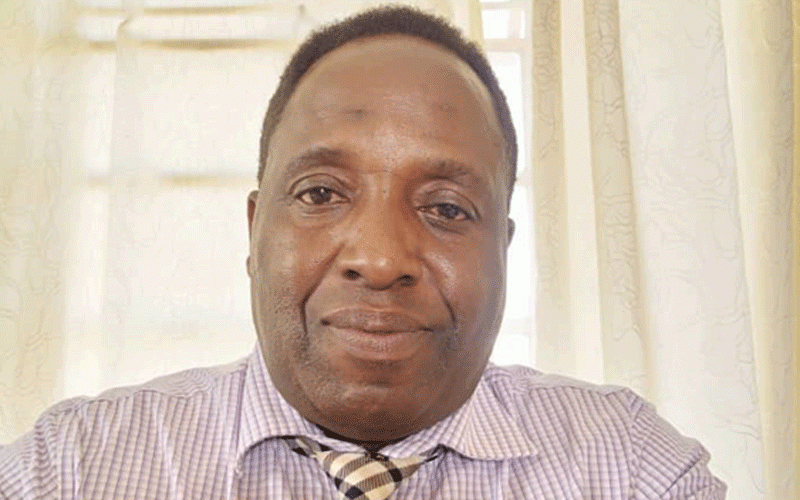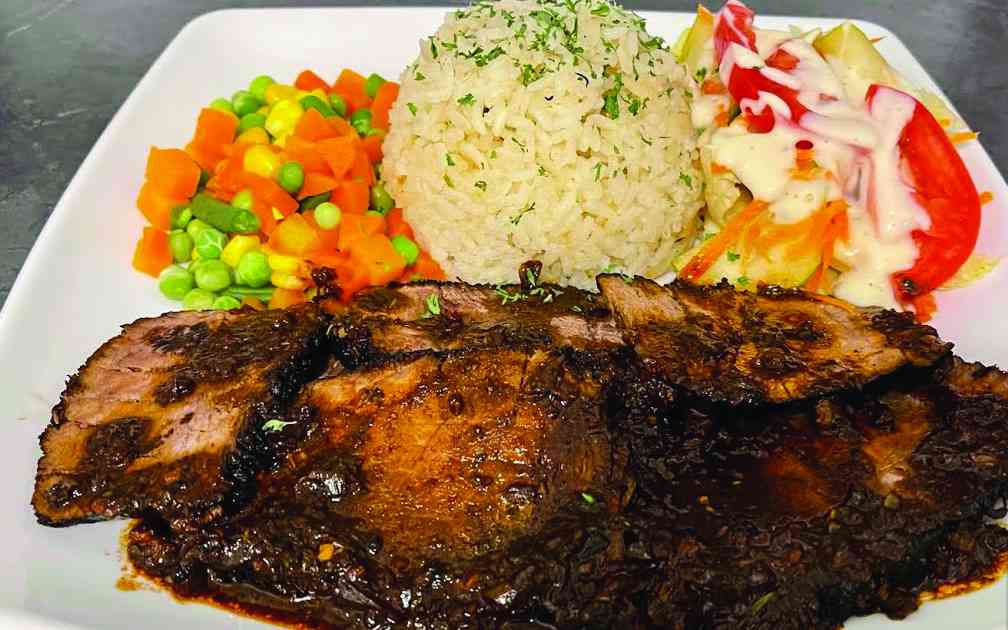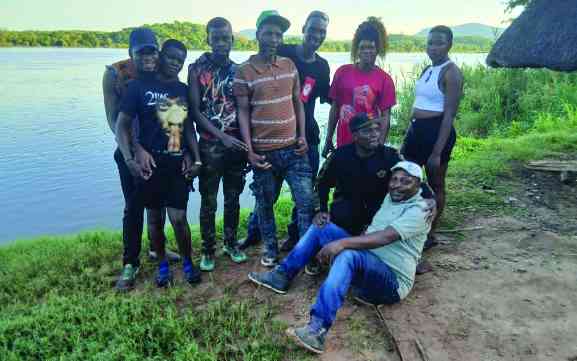
Ever since Mai Maidei and the children joined me in the city, I never set foot in the rural areas. At the end of five years' absence from Chokodza Village, one bright morning I found myself on the only bus to Wedza. There were many travellers on the bus and the stockily-built woman who sat next to me did not make my journey easier.
“I have a feeling I know you, who is your father?” She said. I told her. She shook her head. “I don’t know of him,” she said.
I thought that had settled it, but after a few minutes she would start again.
“Your face is familiar,” she said all the while gazing at me.
I think she found it hard to think that she did not know me at all. There were many people like her who always thought they knew everybody or that it was their God-given right to know everyone from the same village.
After a while I pretended to be asleep all the way to Wedza. That’s how I managed to get rid of her inquisitiveness. In reality there was no way I could sleep with the loud sungura music that was being played.
It felt like Leonard Dembo’s song, chitekete was being blasted right in my ears.
There were two Chinese men who occupied the back seat and they looked comfortable with the bus ride. I marvelled at the way they easily adapted to their new environment. They were working for a Chinese mining Company that was extracting precious minerals from the sacred Wedza Mountains.
- Ghetto Dances: Retracing my footsteps to Chokodza
Keep Reading
Our childhood stories were never complete if there were no tales of strange occurrences in the mountains. Dogs that went hunting in the mountains with their masters always disappeared without any trace or explanation at all.
By the time we reached Wedza Business Centre, the sun was extremely hot and the vegetation was shrivelling under the intense rays of the sun. I had to hitch hike to my village Chokodza from Wedza Business Centre as there was no direct bus.
I bought some few groceries for my parents at one of the mini markets. I had not told them in advance that they were to expect me. It was going to be a big surprise for them.
As I stood by the roadside, a battered Mazda B18 pick up truck screeched to a sudden halt for me. Half of the back was loaded with building materials including doorframes and cement, and several crates of opaque beer filled the other half. There were more crates of opaque beer on the front seat, but luckily for me, there was just enough space for me to squeeze onto the passenger seat.
The driver hung his head out of the open window. He noticed my hesitation.
“You can hop in. You will be lucky to get another car going to Chokodza today,” he said. At the same time he spat out a whitish substance. The gob missed my feet by a whisker.
I quickly boarded the truck.
After driving in silence for a short distance, the driver said, “Where exactly are you going?” I told him.
“Oh yes, I know your family, but I can’t say I know you. My name is Solomon, the first born son of Zando,” he said. Of course, I knew his father although he had passed away a long time ago.
I noticed that the maize crop in the fields was wilting. When a maize crop turns yellowish in the field it is a sure sign that the harvest is lost. It was going to be a drought year again.
I remembered that a few days ago, the Famine Early Warning Systems Network forecast a strong El Nino with below average rainfall across much of Sub-Saharan Africa. The intense scorching heat made me very uncomfortable.
As if that was not enough, the truck raised a lot of dust and it did not escape my notice that the road was quite in a bad state than the last time I had travelled on it.
“Why are you visiting?” Solomon suddenly asked.
“I am visiting my parents. Is that a problem? Am I not a son of the soil?” I quizzed.
I had to raise my voice high above the sound of the old engine which was making a lot of noise like that of a diesel grinding mill.
“People like you from the towns, you come and stir trouble around,” said Solomon.
“What do you mean?” I asked. I did not like his tone.
“We don’t like your politics of change here,” he said.
“You should not come and plant your funny ideas around.” After this, I kept quiet.
Elections were over but there were suspicions all around. We completed the rest of the journey in silence.
- Onie Ndoro is a an IELTS tutor, ghostwriter and storyteller. For feedback: X@Onie90396982/email:[email protected] 0773007173











